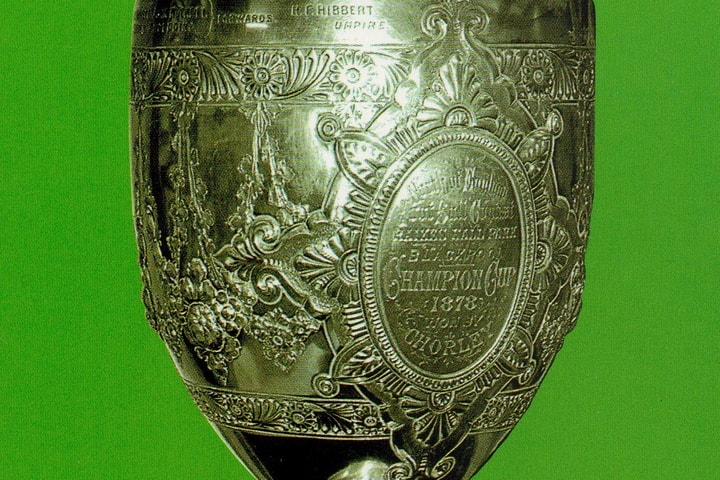Rugby for the Common Man: The Story of Beromama (Argentina)
The earliest references to rugby matches being played in Argentina date to the 1870s, all players were British subjects employed in British-owned railroads and commercial firms. Occasional matches involved the teams "Banks" and "City".
In 1899 the River Plate Rugby Union Championship-forerunner of today's Argentine Rugby Union-was set up in Buenos Aires by four English clubs, all of which still exist today: Buenos Aires Cricket & Football, Belgrano Athletic, Lomas Athletic and Rosario Athletic; all four bore the names of the city and (fancy) neighbourhoods they were located in.
So important was rugby's early connection with British life that when WWI broke out officials were forced to suspend the annual championship for lack of players, most of whom joined the Empire's armed forces to fight in Europe.
Although the championship resumed in 1919 by then British influence started to decline, so much so that in 1921 no English club managed to qualify for the 1st and 2nd division finals, all four teams being made up of upper-class Argentine players-although some of them bore English names.
By the late 1930s the "Argentinization" of rugby and the lack of British players also forced them to discontinue the annual match between "Argentines" and "Foreigners"-a team made up of British subjects, which since its start in 1908 had become a much-awaited occasion for upper-class socialisation.






